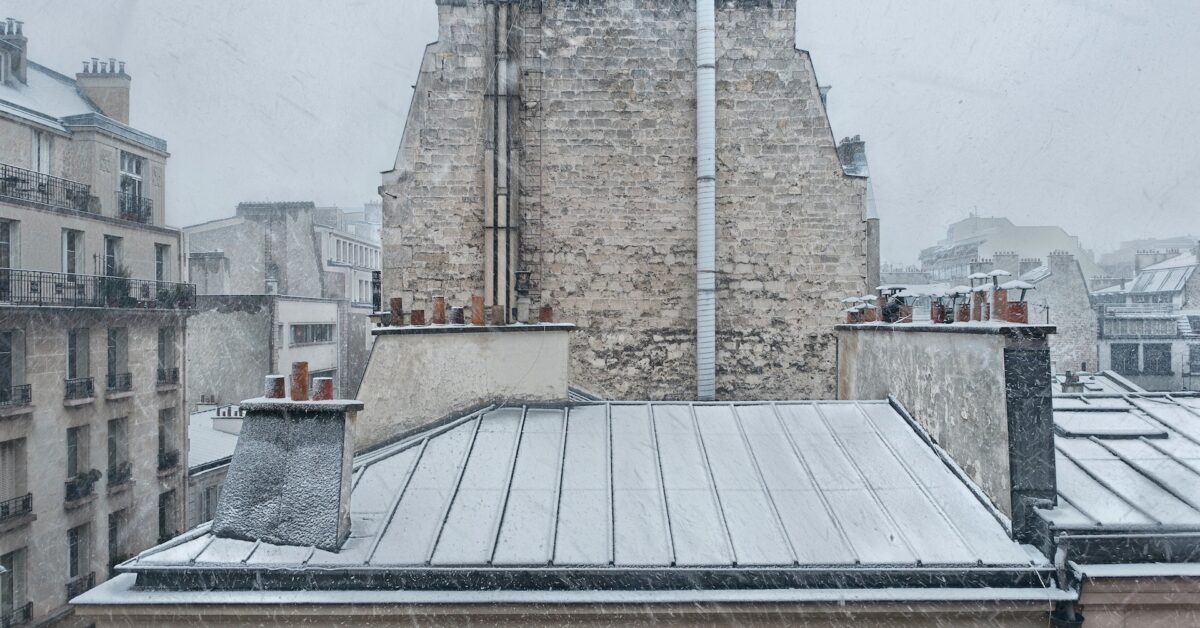To determine the total weight of snow on a roof, you can use a snow load calculator. This tool calculates the load per square foot or square meter. The calculator is also useful for indoor swimming pools, which can cause latent loads. In addition to calculating roof loads, the calculator can calculate the weight of snow on a roof.
Simple Roof Load Calculator
A simple roof load calculator can help you estimate the weight of snow that can fall on a roof. The maximum amount of snow that can fall on a roof depends on where you live. If you live in a snowy climate, you will need to design a different roof than those in a dry climate. You will also want to consider the wind speed in the region.
The roof load comprises two main components: live load and dead load. The dead load refers to the weight of the roof, which includes rooftop equipment, pipe supports, walkways, and permanently attached structures. Using a simple roof load calculator, you also need to account for slope correction. Most load calculations assume a flat roof, but a sloped roof will change the dynamics of the calculation.
Other factors can affect the load carried by a roof, including its pitch. For example, if you have a pitched roof, you’ll want to adjust the area of the roof to make it equal to the load it can support. Once you’ve calculated the roof area, you can use a roof material calculator to estimate the material you need to build your new roof.
You can also use a snow load calculator to determine the total weight of snow that can fall on a roof. This tool will give you several figures, including pounds per square foot. It’s easy to find a snow load calculator online. Just enter your measurements and then hit the “calculate” button.
Latent Load Due to Indoor Swimming Pools
To use an advanced roof load calculator, you must input certain information about the indoor swimming pool and its temperature. This includes the maximum number of people that can enter the pool and the maximum temperature that the pool can reach. You can also enter a schedule based on the amount of heat gain per person. This program will then calculate the latent load.
Indoor swimming pools have a large amount of moisture content. This moisture can cause damage to the structure. The American Society of Heating, Refrigeration, and Air Conditioning Engineers recommends that indoor swimming pools maintain a relative humidity of 50% to 60%. Above this value, the air is uncomfortable and may promote the growth of fungi. Below this value, the water temperature will cause evaporative cooling on swimmers’ skin. In addition, this moisture load can increase the overall operating costs of the building.
The energy used to heat the water in a pool is reduced by 50% or more. This reduces the amount of evaporation by as much as 25%. The calculation also accounts for the heat transferred through convection to the air in the zone. The heat loss from the swimming pool is further reduced by the cover percentage, which can vary according to the user’s schedule.
Advanced Roof Load Calculator
A snow load calculator is an important tool for predicting the weight of snow on a roof. It compares the total weight of the snow on the roof to the maximum load per square meter. While it can be a helpful tool, it should be used cautiously. Snow on the roof can cause stress on the structure and may lead to leaks.
The maximum weight of snow that can be allowed on a roof depends on the climate and location of the house. For example, a house in California may not be designed for snowstorms. Likewise, a house in Ohio will have a different roof design than one built in California. The ATC Hazards calculator allows users to select a state or city in the US and find the appropriate snow load for their local climate.

